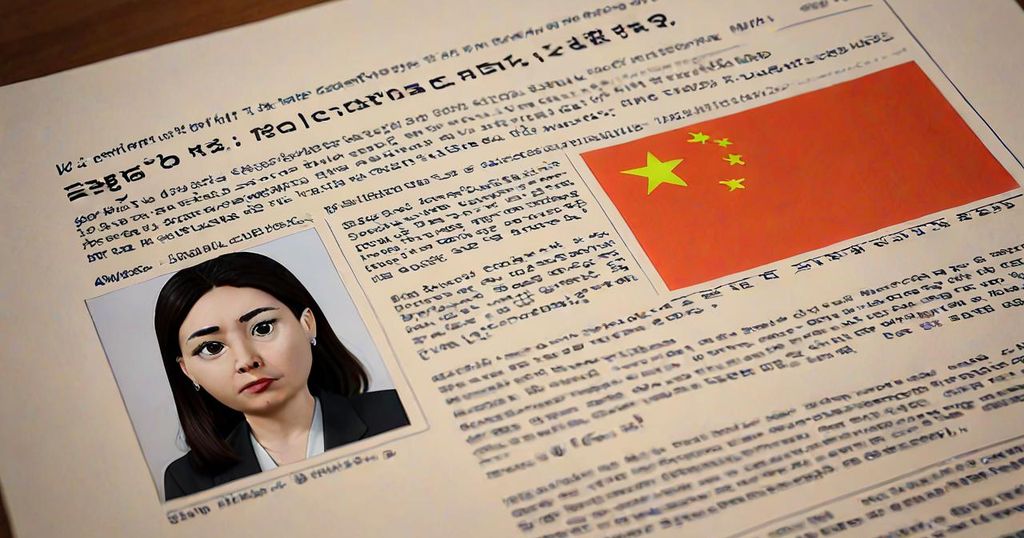The recent developments in the political landscape of the Philippines highlight a complex combination of victory and unrest. Firstly, the exoneration of former senator Leila de Lima from all drug charges signifies the culmination of her nearly seven-year struggle for freedom. This momentous occurrence brings to light the politicization of the judicial system under the Duterte administration, emphasizing the imperative for the judiciary to function independently, free from political influence.
The legal ordeal endured by De Lima serves as a testament to the obstacles faced by individuals who oppose those in power. While her acquittal is cause for celebration, it also prompts questions about the impact of politics on the administration of justice in the country. Despite the court’s ruling, doubts persist regarding the extent to which political interests continue to exert influence over the judicial process.
Conversely, the resignation of Vice President Sara Duterte from her role as education secretary has also generated significant attention within the political sphere. Her departure, although anticipated, highlights the intricacies of navigating political alliances and divisions in the Philippine political landscape. Her decision to relinquish her cabinet position underscores the complexities of political dynamics and the enduring tensions that underlie power relations in the country.
As the dust settles on these events, it becomes evident that the Philippine political arena is continually shaped by the interplay of personal ambitions, political loyalties, and the relentless pursuit of power. The repercussions of these developments are yet to fully unfold, with the implications for the future of Philippine politics remaining to be seen.
Amidst these political upheavals, it is crucial to contemplate the broader significance of these events and their influence on the democratic framework of the Philippines. The resilience exhibited by individuals such as Leila de Lima in the face of adversity, as well as the complexities surrounding the decisions of political figures like Sara Duterte, underscores the ever-evolving nature of Philippine politics.
As the country grapples with these developments, it is imperative to engage in critical discourse and analysis to thoroughly comprehend the implications of these events. The future of Philippine politics hinges on the ability to navigate the complexities of power, justice, and accountability in a landscape characterized by competing interests and aspirations.
In conclusion, the recent events involving Leila de Lima and Sara Duterte have exposed the intricate dynamics of Philippine politics. As the dust settles, the enduring impact of these developments will continue to resonate through the corridors of power, shaping the future trajectory of Philippine democracy.

Leave a Reply